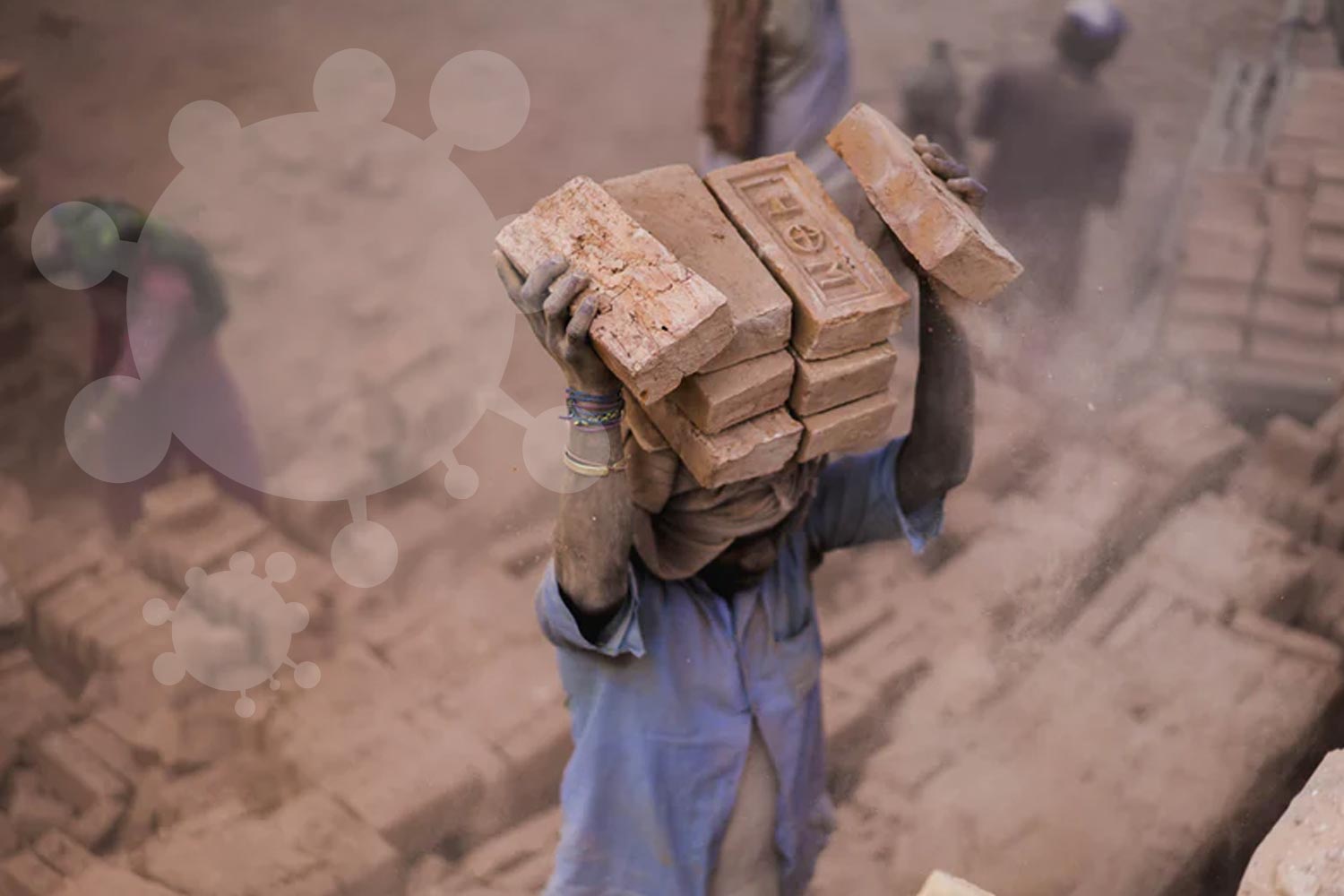Today is the International Labour Day. Originating during the labour union movement in the United States, labour Day pays tribute to the contributions and achievements of workers. The labour movement started in the late 19th century and became a federal holiday in 1894. Labour Day weekend also symbolises the end of summer for many Americans and is celebrated with parties, street parades and athletic events. In India, Labour Day is referred as Antarrashtriya Shramik Diwas. It is also referred to as International Workers’ Day or just Worker’s Day. May 1 was chosen to be International Workers’ Day to commemorate the 1886 Haymarket affair in Chicago that created a historical chain of events. In India, the first Labour Day or May Day was celebrated in the year 1923.
Across the world, labour class is divided into two sections- Skilled labour and Unskilled labour. Also, there is another sub-division which classifies the labour class into the organised labour force and unorganised labour force. To blur the lines between the skilled labour and unskilled labour, the government at both levels has established the flagship model called Skill India or the National Skills Development Mission of India. The model is designed to make the state and the country a hub for a skilled workforce. These models have also ensured quality skill training standards and sustained employability of trained youth. Hence we are in the right direction of growth.
Most recently, we have observed the biggest migrations in India’s modern history. Thousands of migrant labourers have begun long journeys on foot to get home, having been rendered homeless and jobless by the nationwide lockdown to contain the spread of the coronavirus. Millions of migrants, including whole families, packed their pots, pans and blankets into rucksacks, some balancing children on their shoulders as they walked along interstate highways. Some walked hundreds of miles. Lakhs of people live in slums in our country, and staying at home is a daunting prospect in such class, where people depend on unorganised work. They don’t have permanent jobs. In worse cases, people don’t have permanent houses. They struggle to feed themselves and their families.
Hand-to-mouth is what they are born into, and in most cases, that is how they die. In death, they pass this daunting inheritance to their children. Most men and women belonging to this class don’t have the luxury to stay with their families. Some don’t see their children grow for months, if not years. The anguish and the pain in their lives have always been steady, both before and during the pandemic. Just that this pandemic has increased their worries.
The government is trying to cater to as many issues as much as it can. The major one still remains: “transportation” of the stranded labourers while following the protocol of the COVID-19 health issue. I had mentioned this in my last article. Odisha has taken a historic step to bring back labourers stuck in Gujarat, Rajasthan, Maharashtra, Kerala and Tamil Nadu. To put an end to their misery, Naveen Patnaik ji has clearly stated that he would facilitate, in collaboration with the Government of India, the return of all those migrants who wanted to come back to Odisha after the lockdown.
Starting from exemptions of road taxes, to appointing senior officials and co-ordination with various states, are being conducted to make this transportation process easier. Upon completion of the 14-days of quarantine, each person will be given an incentive of Rs. 2000. Additionally, the govt is also offering Rs 150 and Rs 100, daily to all the quarantined labourers depending upon their age. These incentives will ease, if not finish, the quarantine and transportation issue of poor labourers. However, we are still far from ending their problems.
Governments should work for labour- be it skilled or unskilled, organised or unorganised. The government should work towards making every labourer proficient, giving them an identity, training them, educating their families and blurring the economic gaps between all the classes. Labourers have been sufferers even when they have sacrificed their entire lives working for the society and the country. We have to realise that we need them, more than they need us. We can’t survive without them.
They deserve MORE than we can ever give.



Get Social